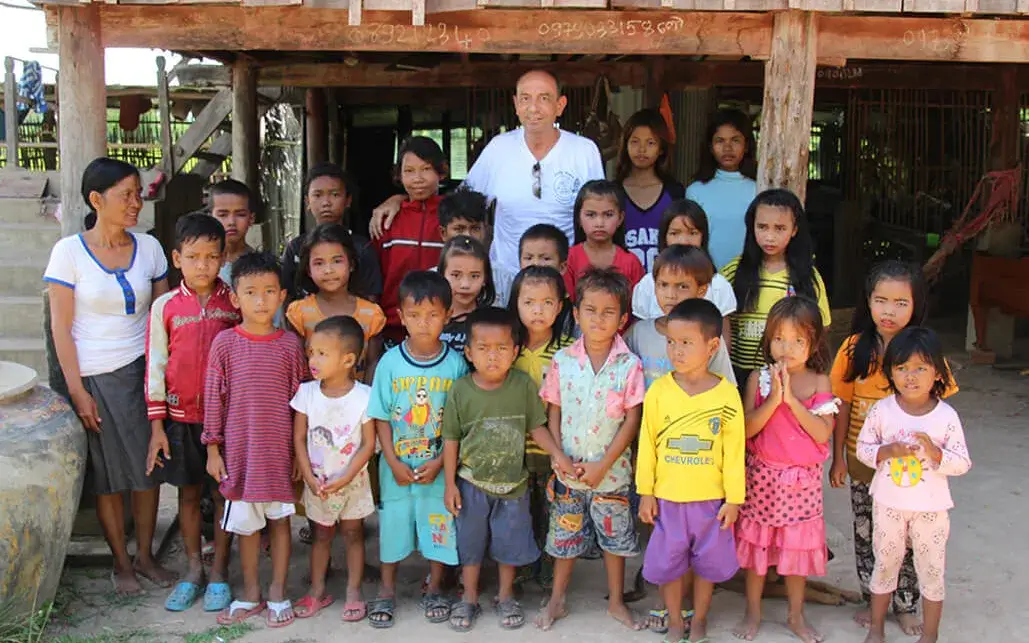Marie Ange Orihuela is in charge of the Service Europe & International pour Rennes et Rennes Métropole. She explains which policies the French municipality carries out regarding volunteering and which are the challenges ahead.
Rennes was one of the final candidates in the European Volunteering Capital Competition of 2014, which was finally awarded to Barcelona. The French municipality stands out for its commitment to social and volunteering policies. Marie Ange Orihuela, who is in charge of the Service Europe & International pour Rennes et Rennes Métropole, held a lecture in the 20th Association Spring Forum on the experiences made in the field of local policies carried out by Rennes to strengthen the social capital.
What kind of initiatives does the municipality carry out to promote and disseminate associationism and volunteering?
First, it collaborates by providing funding. 10% of Rennes’ municipal budget, about EUR 50 million, is intended for our city’s associative life. It also provides the social entities with premises (Maisons) where they band together according to their own field of specialization, it provides neighbourhoods with meeting places and public facilities and it promotes projects run by the local organizations. But beyond this measures about funding and providing resources, the council has launched the Maison des Associations.
What is it about?
It is a space where organizations can work together and interact with the private sector. In these same premises some co-working initiatives with private enterprises have been developed. It is also the seat of one of Rennes’ local radios and there are several classrooms and spaces for training. And the Resource Centre for Associative Life (Centre de Ressources à la Vie Associative (CRVA)) and its Observatory of Associative Life, too. The final aim is to cooperatively set up some public policies intended for the social organizations, but in order to reach our citizens. We want this associative life that is promoted by the administration to be useful to the maximum number of people.
What is the current status of the French association and voluntary fabric?
France has more than one million associations. 3’5 per cent of Rennes’ GDP derives from the associative world and many of these entities consist of a large number of volunteers. I believe volunteering is quite strong in France, but there a change of model is occurring. Some say young people don’t get involved in volunteering. That’s false! They just do it in a different way. And we must find the right formula to support this diversity within volunteering and allow the classical organizations to hand over the baton to these new generations.
What other concerns or difficulties do you encounter when promoting volunteering?
The economic factor. Due to the current crisis there is a bigger need of organizations, but in turn these also need more support. One third of the budget of French social entities came from public subsidies so far. Now this proportion has diminished and we must find new ways of raising funds. In this sense, collaboration between organizations is vitally important.
What role does Europe play in all this?
It allows to interchange experiences and to learn from others, most of all in terms of funding.
Finally, what are the challenges ahead for the world of volunteering?
Participative democracy. That is to say: volunteering is important, yes. But how can you involve your fellow citizens in the creation of policies? The next step is to acknowledge the volunteers’ capacities and help increasing them by means of training. And after that, allow them to get involved in the definition of public policies.







Add new comment